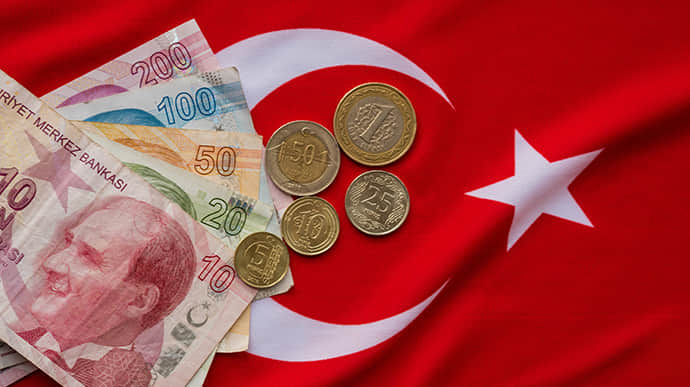Turkish banks, according to the Ukrainska Pravda, are distancing themselves from Russian counterparts citing concerns over secondary sanctions in the wake of US President Biden’s decree. The move involves cutting correspondent relations and halting payment processing, signaling a significant impact on financial ties between the two nations.

Photo from Google
Strain on Turkish-Russian Banking Relations
As per sources, Turkish banks, including major players like Nurol Bank and Emlak Bank, are terminating correspondent relations with nearly all Russian credit institutions. This decision, influenced by Biden’s December 2023 decree, goes beyond formal contract closures, impacting settlements and correspondent accounts.
The strain isn’t exclusive to Turkey; reports suggest similar challenges emerging with Chinese banks. The tightening grip on financial transactions reflects global concerns over secondary sanctions and the far-reaching impact on banking relationships.
Market participants reveal that the trouble began for Russian banks in the summer, escalating post-Biden’s decree. Turkish banks, facing pressure from the United States, are navigating increased scrutiny, demanding additional data and documentation for transactions, causing disruptions in the payment processes.
READ ALSO: China Pulls Back Support, Deals Blow To Russian Economy Amidst U.S. Sanctions Threat
Global Banking Challenges Deepen
China’s state-owned banks are also tightening restrictions on financing Russian clients, aligning with the global trend triggered by the threat of secondary sanctions. The far-reaching implications extend to various regions, with financial institutions adopting stringent measures in response to geopolitical developments.
Logistics and customs experts note the severity of the situation, pointing to disruptions in money transfers between Turkey and Russia. Turkish banks, enforcing stringent controls, are causing delays in processing service payments affecting the smooth flow of financial transactions.
The impact of these banking challenges extends beyond transactions to encompass global trade relationships, raising concerns about the resilience of international financial networks amid geopolitical tensions.
READ ALSO: U.S. Ambassador To Ukraine Takes Shelter In Bunker Amid Russia’s Intense Assault
























